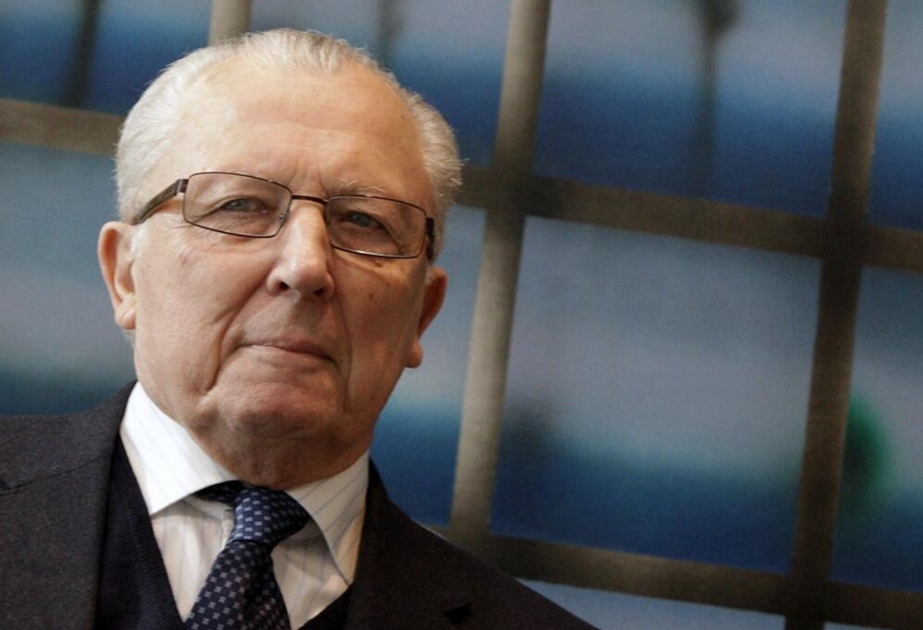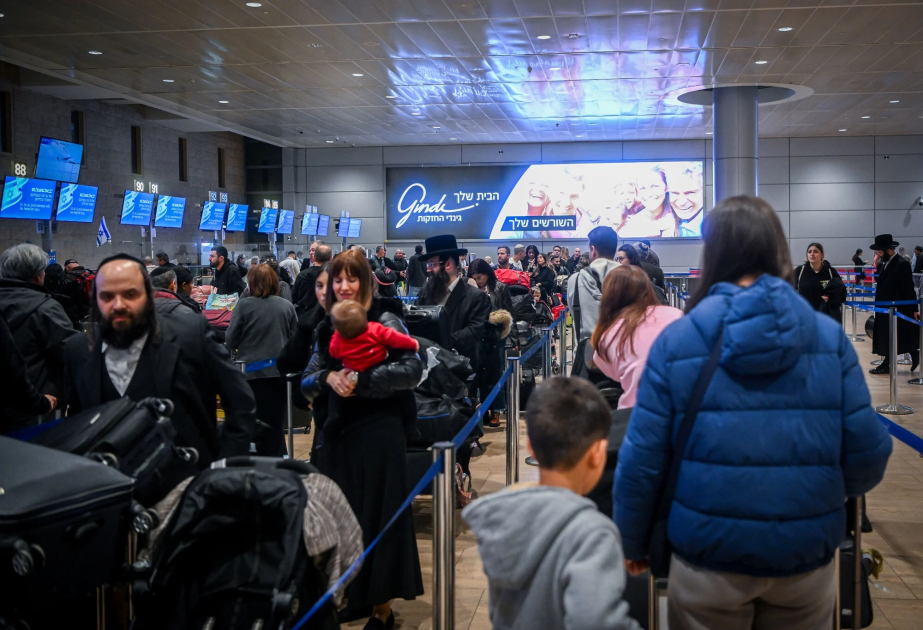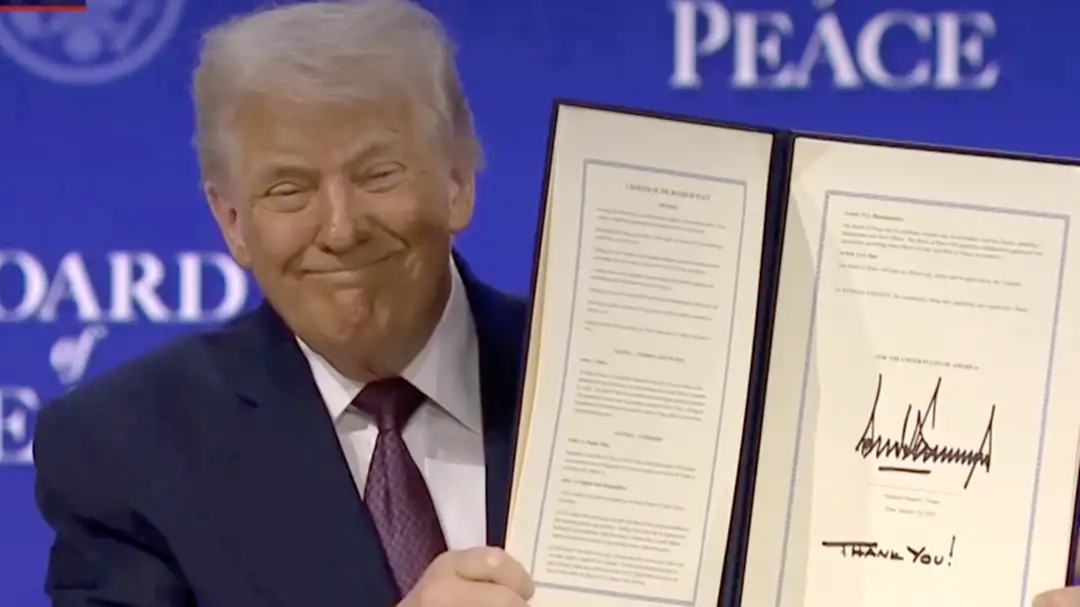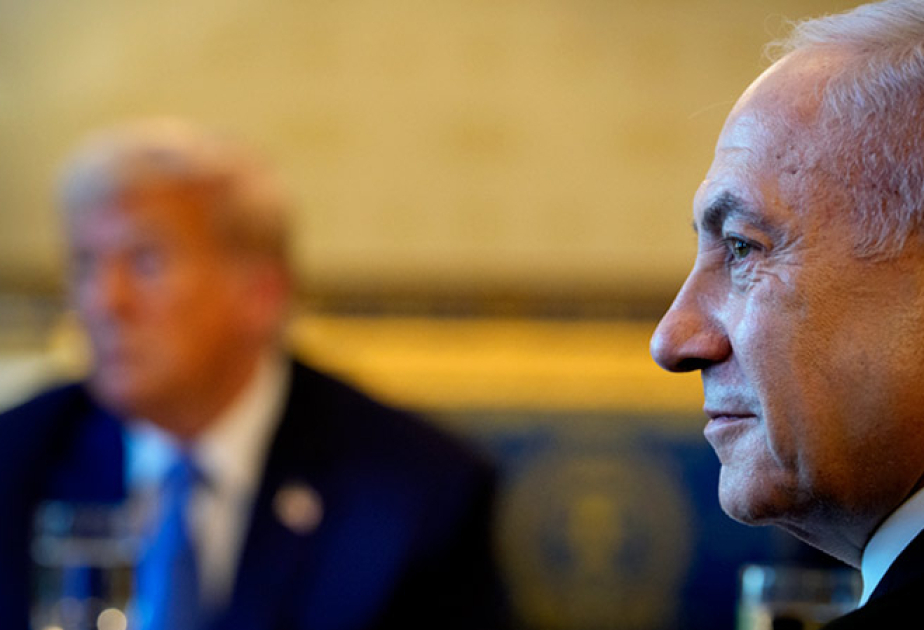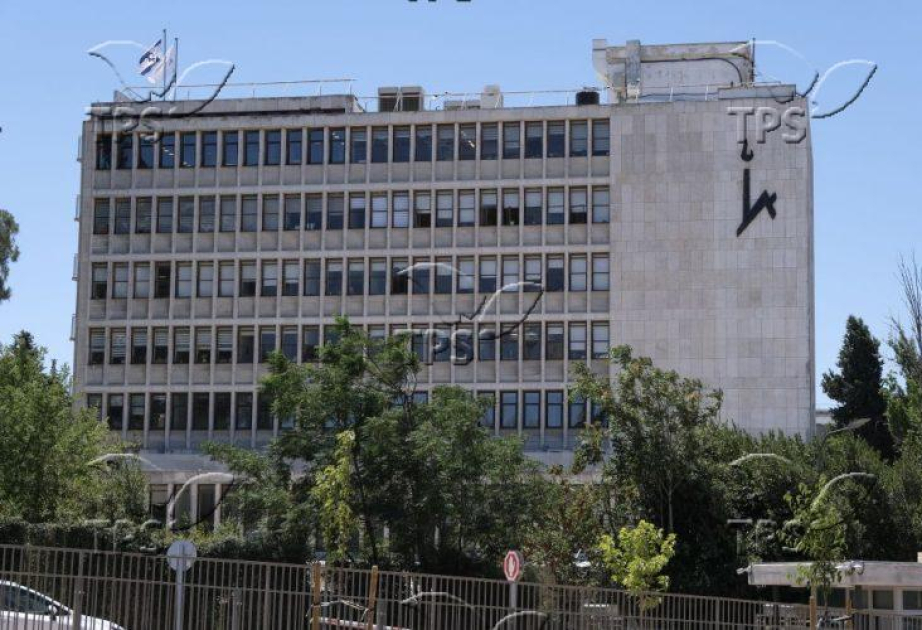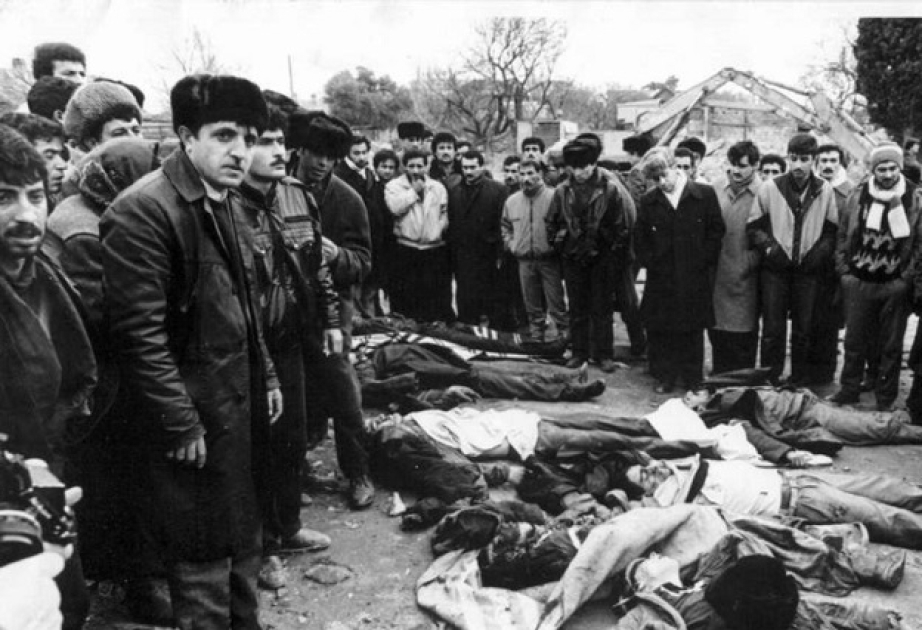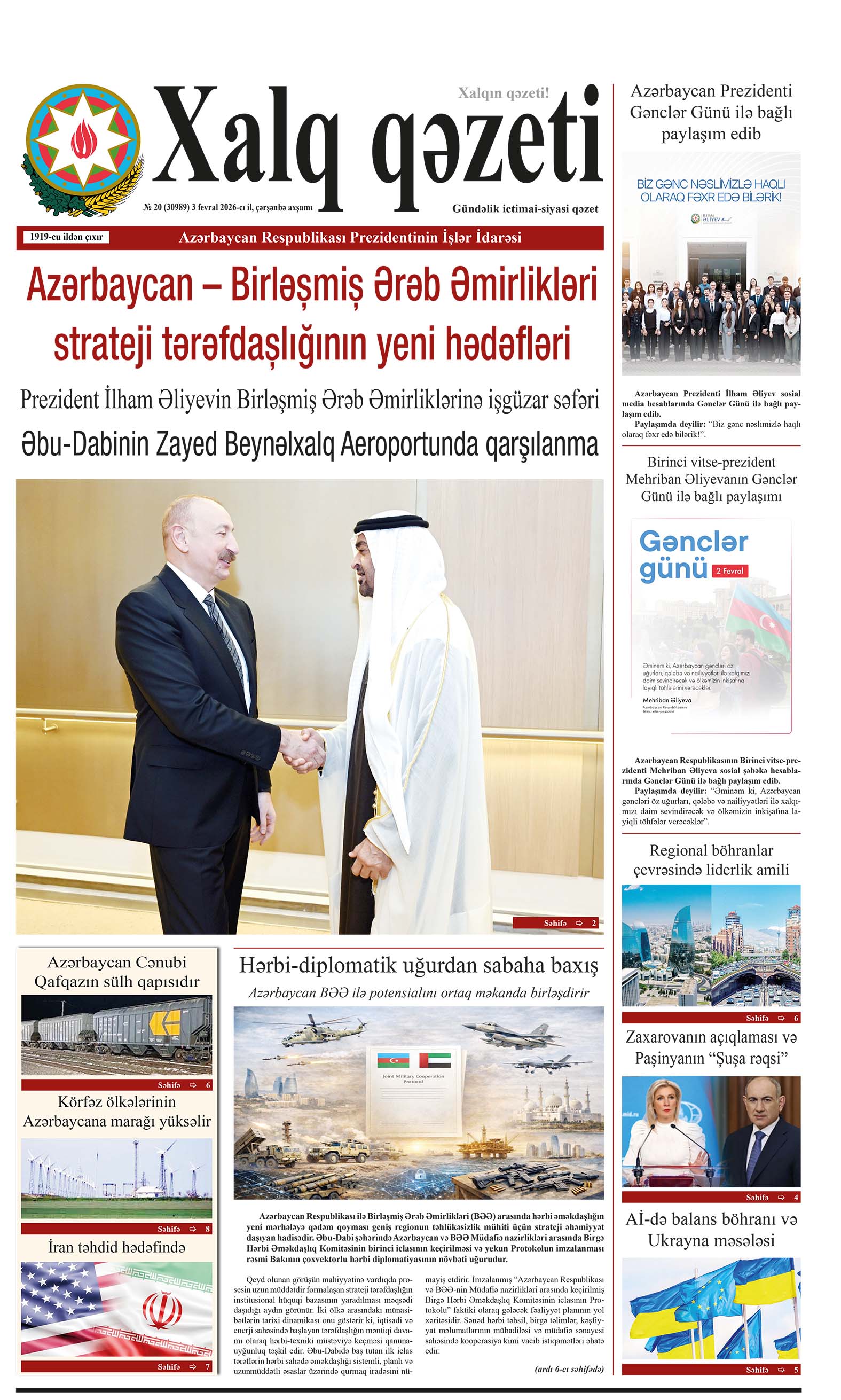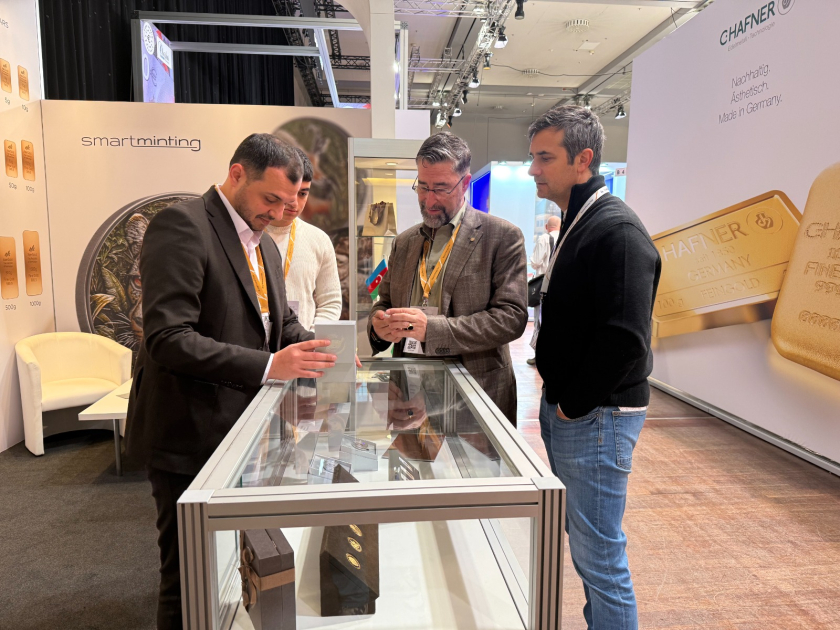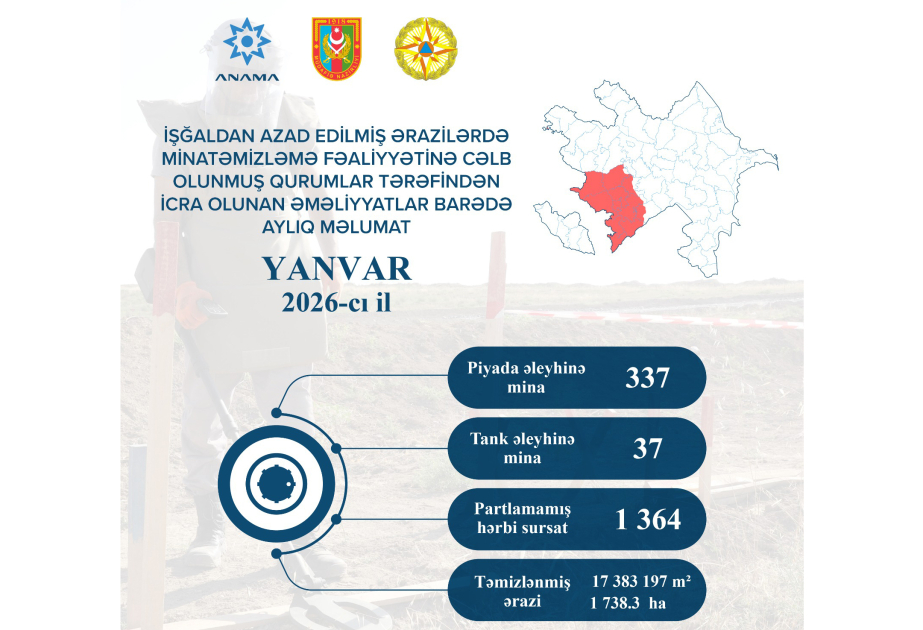Jacques Delors, key architect of the European Union, dies at 98
Jacques Delors, a French elder statesman who spent a decade as president of the European Commission — the European Union’s executive branch — and became a driving force behind the continent’s economic integration and a leading proponent of a common market and currency, has died at 98, according to Washington Post.
The death was first announced by Agence France-Presse, citing his daughter. The office of France’s president, Emmanuel Macron, later issued a statement on the death. No other details were immediately made public.
A socialist and trade unionist who began his career at France’s central bank, Mr. Delors worked as an economics lecturer and as a senior official in ideologically divergent French governments.
Under President François Mitterrand, Mr. Delors served as economics and finance minister from 1981 to 1983 and as economics, finance and budget minister in 1983 and 1984. He was considered a moderate in the country’s first socialist government since 1956. In the face of growing inflation, he pushed for what some socialists called “austerity with a human face,” putting the brakes on spending and introducing new taxes.
In 1985, when European unity still appeared tenuous, Mr. Delors was appointed president of the Brussels-based European Commission with Mitterrand’s strong backing. Over the next 10 years, Mr. Delors came to exert more influence over the continent’s future than any president before or since.
He fought for the European single market, launched in 1993, and the single currency, the euro, authorized by the Maastricht Treaty that year and rolled out beginning in 1999. “Those two things are his great achievements,” said Stephen Wall, a diplomat and historian who became Britain’s permanent representative to the European Union in 1995. “I don’t think they would have happened without his brain and his drive.”
The Maastricht Treaty created the European Union from the European Community that preceded it. Mr. Delors’s tenure also saw the signing of the Schengen agreement, which eliminated most border checks across much of the bloc.
As European Commission president, Mr. Delors pushed single-mindedly for a Europe in which people, goods and capital could flow across borders — and for the changes that countries would need to make to prepare for the new reality. He managed to sell the idea to the French leftists who sent him to Brussels and to stalwart conservatives such as British Prime Minister Margaret Thatcher, whose later clashes with him would prefigure the politics of Brexit.
He did not attend the exclusive schools that traditionally funnel students into the French political elite. Seeing classmates stifled by a lack of opportunity distressed him and informed his politics for life. “I think my first sense of social injustice came when I saw my pals quitting school and going straight to the factories,” he told Newsweek.
He attended the University of Paris but soon went to work as an intern at the central bank, where he received rapid promotions. He continued to take night classes and received an economics degree.
Mr. Delors, a practicing Roman Catholic, rarely emphasized his faith, but he had religious convictions that underpinned his politics. In 1950, he became an economic adviser to a progressive Christian trade union association and went on to organize in the Christian workers movement.
In 1948, Mr. Delors married Marie Lephaille, a fellow central bank employee. She died in 2020. Their son, Jean-Paul Delors, a journalist, died of leukemia at 29, in 1982. Survivors include a daughter, Martine Aubry, the former head of France’s Socialist Party, who has been mayor of Lille, a city near France’s border with Belgium, since 2001.
At various times, Mr. Delors taught economics at the University of Paris-Dauphine and the prestigious L’Ecole Nationale d’Administration while working in government. After leaving politics in 1995, Mr. Delors ran the Jacques Delors Institute, a think tank in France.
Mr. Delors lived to see a Europe that would have been nearly impossible to imagine when he was born, less than a decade after the end of World War I. But the forces of history that he marshaled to the cause of the European experiment remain in motion, their direction uncertain.
“The construction of Europe corresponds both to an ideal and to a necessity,” he wrote in 1992, in a passage quoted by Grant in the biography. “The ideal often appeared to dim [but] the necessity has always been present, even insistent for those who did not accept the historical decline of Europe.”


